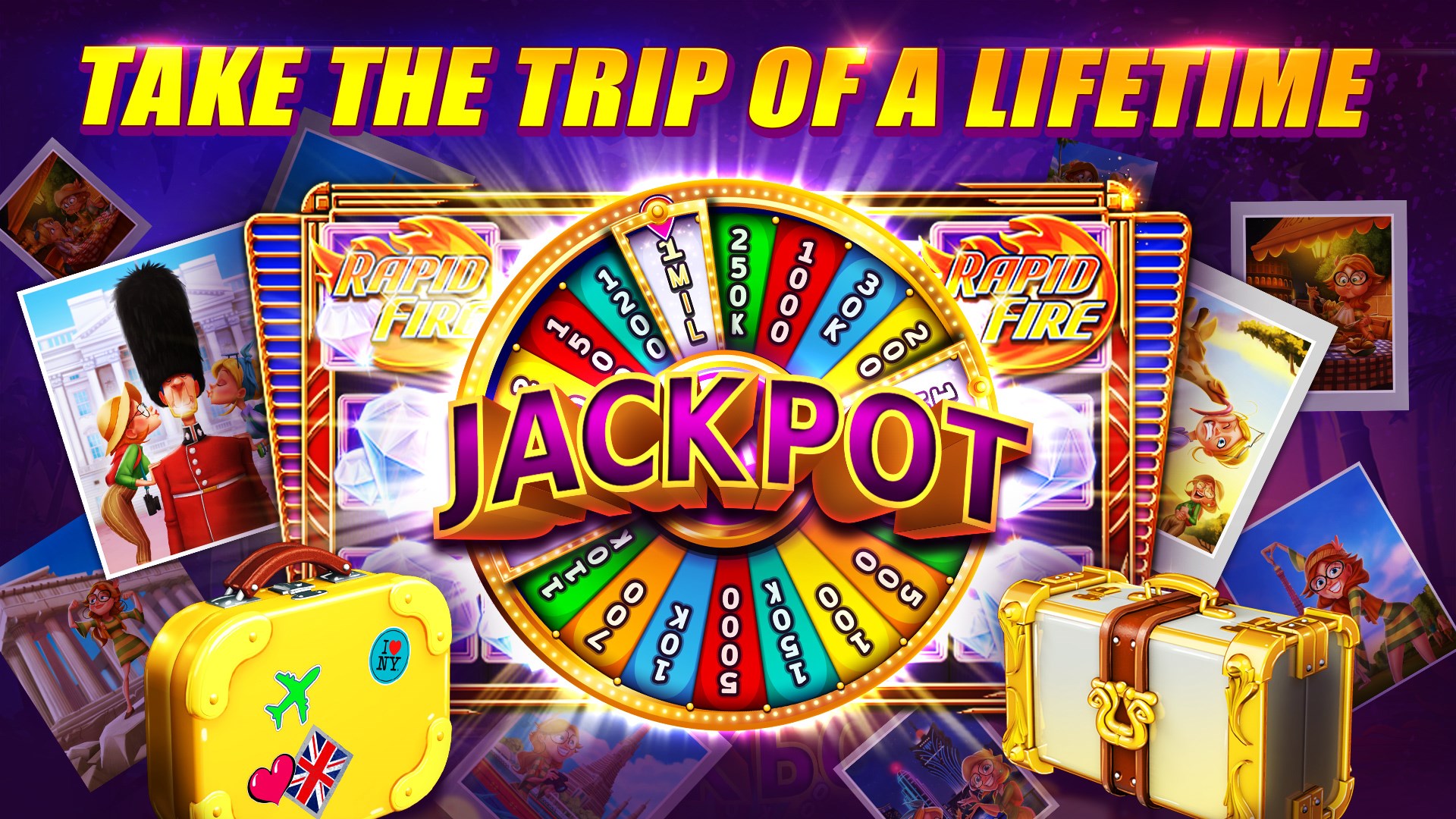When we think of gambling activities, the first pictures that often come to mind are those of rotating roulette wheels, card chips clattering on felt tables, and cubes rolling across a gaming surface. While many consider these games as simple pastimes fueled by chance, a more profound exploration reveals a captivating blend of tactics, skill, and social interaction that raises them far beyond basic luck. Regardless of whether you are a seasoned player or a inquisitive newcomer, understanding the subtleties of these games can greatly enhance your enjoyment and appreciation.
Gambling games have evolved over centuries, with various cultures contributing to their rich histories and variations. From the intricate strategies of 21 to the deception tactics in card games, players engage in a battle of wits as much as a risk on numbers. This exciting interplay between luck and skill creates a thrilling atmosphere that draws millions to casinos worldwide. As we delve into the realm of card games, we will uncover the strategies that can tilt the odds in your favor and the community elements that make these games a popular choice for entertainment and interaction.
A Approach of Table Gaming
Casino games often involve a blend of skill and chance, making them intriguing for players who enjoy a challenge. Every game has its own set of rules and strategies that can affect the outcome. For example, in titles like 21, players are required to use strategies like counting cards and understanding the probabilities to make smart decisions. This expertise can greatly improve the victory potential, distinguishing experienced participants from beginners who may depend entirely on chance.
In contrast, titles such as roulette may seem to be entirely based on chance, but tactical thinking can also come into play. Participants can select between various betting tactics, such as the Martingale system, where they raise the bets after losses. This approach can establish a more controlled approach to the game. Grasping the odds of specific bets can also assist players make better decisions on the roulette table, showcasing that even titles of chance, strategy can enhance the enjoyment.
Additionally, poker is notable as a title that strongly focuses on strategy. In contrast to most casino games, the game of poker combines skill, psychology, and chance. Players must also focus on the hands they are given but also consider their opponents actions and wagering patterns. Mastering concepts like position, the odds of the pot, and interpreting bluffing is crucial for success. This complexity of strategy in the game of poker often creates to a more immersive encounter for players, where their decisions and abilities significantly impact the game’s results.
Understanding Chance and Ratios
In the world of casino games, probability and odds have a crucial role in deciding a gambler’s possible consequences. Every match has its own collection of principles that define how the chance of succeeding or failing is calculated. For example, in matches like 21, participants have a chance to modify their odds through planning, whereas in games like roulette, the outcomes are purely dictated by chance. Comprehending how these probabilities are calculated can greatly impact how a gambler deals with the game.
Ratios are typically expressed in two formats: ratio and decimal. Ratio odds show the ratio of the amount gained to the sum bet, whereas decimal ratios show the total payout for a winning bet, which includes the initial bet. For example, if a match has odds of 5 to 1, this means that for every one unit staked, a gambler could gain five dollars if they win. Understanding how to interpret these odds allows players to evaluate their potential earnings and formulate more wise decisions during play.
Players should also be aware of the house edge, which is the casino’s built-in benefit over the gamblers. Each match has a different advantage, and understanding this concept is important for handling one’s expectations and bankroll. Games with a lower advantage, such as blackjack and baccarat, typically offer superior ratios for gamblers compared to activities like slots and keno. By understanding the connection between probability, ratios, and the casino advantage, gamblers can improve their gambling engagement and plan more effectively.
The Aspect of Table Gaming
Casino games at gaming establishments are often seen as a hub of community engagement, drawing participants together in a shared experience that extends far beyond the mere act of gambling. The atmosphere at a poker table can be electric, with gamblers engaging not only with the game itself but also with each other. Laughter, excitement, and, occasionally, playful teasing create connections that enhance the overall experience of the gaming experience. This communal aspect can turn a solitary endeavor into a dynamic social event, making casino games particularly enticing.
One of the fascinating elements of table gaming is the way it fosters camaraderie among participants. Whether it’s teaming up to defeat the dealer at a craps table or exchanging tales between hands in a poker game, the environment encourages communication. bl555 Participants often share advice or tactics, creating a sense of community that enhances the fun. This social dynamic can make new players feel included and less intimidated by the competitive nature of gaming. As the game continues, friendships may form, leading to a sense of belonging that keeps players returning to the table.
Moreover, the social aspect of table gaming extends beyond just the participants. Casino staff play a vital role in facilitating interaction and maintaining the flow of the game. Their ability to engage gamblers with warm dialogue and their expertise in managing the table can create an inviting atmosphere. This relationship between players and dealers adds another layer of enjoyment, where gamblers feel bonded not only to each other but also to the staff. Such interactions are often what make the experience memorable, as participants leave with stories to tell and connections made, reinforcing the notion that gaming at tables are truly about something greater than luck.

